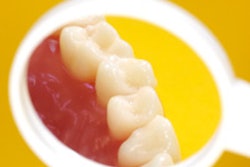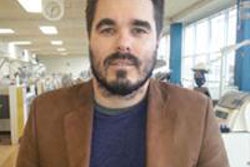Improving the oral health of people with chronic medical conditions such as diabetes, asthma, and cardiovascular disease can reduce healthcare costs, according to a study by UnitedHealthcare.
The March 2013 study compared the medical and pharmacy costs of individuals with six chronic medical conditions with the dental treatment they received to determine if there is a difference in total healthcare costs associated with varying dental treatments. The dental treatments included in the study were periodontal treatment, cleanings, and other or no dental treatment. Chronic medical conditions included diabetes, asthma, congestive heart failure, coronary artery disease, chronic obstructive pulmonary disease, and chronic kidney/renal failure.
The study utilized three years of dental claims experience and two years of UnitedHealthcare evidence-based medicine and episode treatment group data. It was limited to individuals younger than age 65 enrolled in a UnitedHealthcare commercial dental and medical plan in 2010. A total of 130,546 individuals were included in the study.
The study findings showed that people with certain chronic conditions who received appropriate dental care, including preventive services and the treatment of periodontal disease, had net medical and dental claims that were on average $1,038 lower per year than claims for chronically ill people who did not receive that type of oral care, the company noted in a press release.
Among patients with diabetes, the average annual net medical and dentals claims were $1,279 lower per person for individuals who received treatment for periodontal disease compared with people who did not. The savings for all those groups were achieved even after accounting for the additional cost of the dental care.
Here are some of the study's other findings:
Total average medical costs were lower across all chronic conditions for people who received periodontal treatment or cleanings compared with those who did not receive such services, even after accounting for the costs of additional dental treatments.
People with chronic conditions who received regular cleanings (at least three times during the three years) had the lowest healthcare costs of any other dental treatment group (i.e., infrequent cleanings, no cleanings).
The savings were also significant for people who received regular dental care but were not compliant with the recommended care for their chronic medical condition. Among the group receiving dental care, annual average medical costs were $2,320 lower than those not receiving dental care, with net savings of $1,829 after accounting for the cost of the dental care.
The study was a joint effort between UnitedHealthcare and Optum, an information and technology-enabled health services business.



















